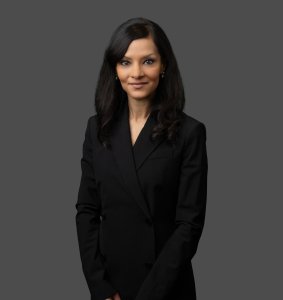Presented By: Department of Economics
Measuring Religion from Behavior: Economic Adversity, State Control and Religious Adherence in Afghanistan
Oeindrila Dube, University of Chicago

Religious adherence has been hard to study in part because it is hard to measure. We develop a new measure of religious adherence, which is granular in both time and space, using anonymized mobile phone logs. We use this measure to shed light on the nature of religious practice in Islamic societies. First, we show that religious adherence rises sharply when districts in Afghanistan fall under Taliban control. Second, when climate shocks create adverse economic conditions, people become more religiously observant -- particularly in unirrigated areas where climate matters most to agricultural production. More broadly, our results indicate that economic and political adversity cause individuals to become more religiously adherent.
This talk is presented jointly by the Political Economy Workshop (PEW) and the Economic Development Seminar, sponsored in part by the Department of Economics through a generous gift given by Jay and Beth Rakow. This talk is also sponsored by the International Policy Center at the Ford School.
This talk is presented jointly by the Political Economy Workshop (PEW) and the Economic Development Seminar, sponsored in part by the Department of Economics through a generous gift given by Jay and Beth Rakow. This talk is also sponsored by the International Policy Center at the Ford School.